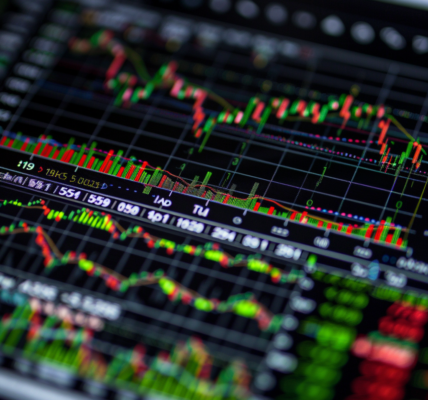Concerns Surrounding U.S. Economic Stability Amid Rising Debt
As the U.S. economy navigates through a complex landscape of rising spending and increasing debt, experts are raising alarms about the potential implications for future economic stability. Michele Schneider, Chief Strategist at MarketGauge, recently shared insights into the challenges facing the Federal Reserve, particularly regarding its independence and the economic outlook under a potential second Trump administration.
Schneider emphasized that the current economic environment is marked by a delicate balance between growth and the risks posed by escalating debt levels. With the Federal Reserve’s role in managing inflation and interest rates under scrutiny, the strategist outlined various scenarios that could unfold, especially if political dynamics shift significantly in the coming years.
One of the pressing issues highlighted by Schneider is the potential for increased government spending, which could exacerbate the existing debt crisis. This situation raises questions about how effectively the Federal Reserve can operate independently without political influence, particularly if there is a change in administration that prioritizes aggressive fiscal policies.
In addition to these concerns, Schneider pointed out that while the U.S. economy is showing signs of slowing down, the underlying fundamentals remain robust. Factors such as consumer spending, job growth, and corporate earnings continue to demonstrate resilience, providing a buffer against the more alarming headlines surrounding debt and spending.
The discussion around the economy also intersects with global events, particularly the rising tensions between the U.S. and China. As the geopolitical landscape evolves, analysts are keeping a close eye on how these relations may impact economic policies and market stability.
In recent developments, Beijing has announced measures to address the issue of





